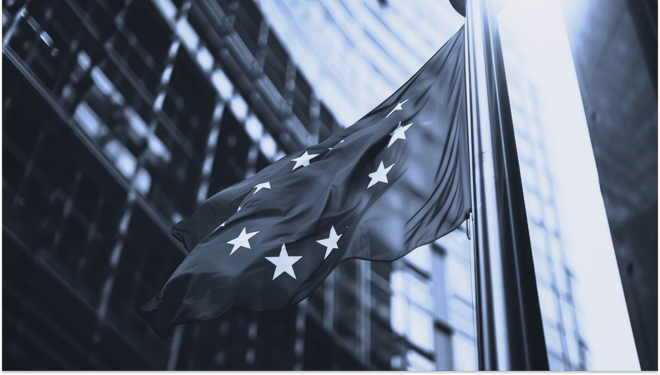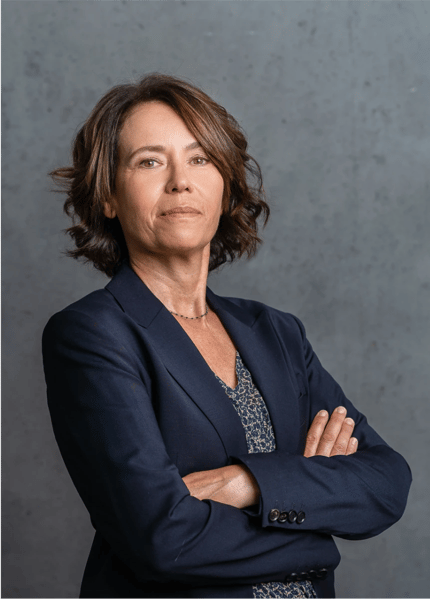
Latest news : Corporate America in great shape
The earnings season for the final quarter of 2024 is drawing to a close in the United States, and the strength of the reported figures is undeniable. Nearly three quarters of companies have exceeded analysts’ consensus expectations. More importantly, the magnitude of these positive earnings surprises is exceptional, with reported profits surpassing forecasts by over 6%. This figure has been improving for two consecutive quarters, leading to two key market takeaways. Firstly, analysts' expectations appear to be well-anchored at realistic levels, setting a lower bar for companies and reducing the risk of disappointment during earnings announcements. Secondly, this positive trend reinforces the credibility of 2025 earnings growth projections, which currently stand at around 15%. This, in turn, supports the generous valuations of US equities, at least in the short term.
In focus
Europe: the implications of a ceasefire in Ukraine
The likelihood of a ceasefire between Russia and Ukraine has recently increased, a development welcomed by European markets. Last week’s 90-minute meeting between Donald Trump and Vladimir Putin could mark the beginning of genuine peace negotiations. However, with hostilities still ongoing, a lasting peace remains uncertain. Numerous unresolved issues, particularly territorial disputes, continue to complicate the resolution of the conflict. Nevertheless, Trump’s expressed willingness to engage in discussions with Putin contrasts with the more cautious approach of the Biden administration. This does not imply an acceptance of Russia’s demands, but it is evident that the diplomatic process will require time and multiple adjustments.
If an agreement were to be reached, it could provide a significant economic boost to Europe. The resumption of Russian gas imports would lead to lower energy prices, generating benefits across various sectors. The manufacturing industry, particularly energy-intensive sectors such as industrial firms in Germany, would directly benefit from reduced production costs. Increased investment, especially for the reconstruction of Ukraine, a project of historic scale, would serve as another catalyst for growth. Additionally, lower gas prices would enhance household purchasing power and contribute to easing inflation. This, in turn, would provide the European Central Bank with greater flexibility to continue cutting interest rates, further supporting economic growth.
Moreover, a ceasefire in Ukraine would be positive for European risky assets. It would likely reduce the risk premium on European equities, narrowing the valuation gap with other major financial markets. Since the beginning of the year, European stock markets have benefited from profit-taking on US technology stocks and their historically lower valuations compared to the US market. Following their recent sharp gains, indices have reached short-term overbought levels, and a temporary pullback would be healthy. Among the key risk factors are the potential introduction of new tariffs, which the market seems to be overlooking for now, as well as the uncertain outcome of peace negotiations. We would consider buying on weakness.
This week’s figure: 0.4%
Inflation continues to slow in Switzerland. In January, consumer prices rose by just 0.4% year-on-year, marking the lowest annual increase since May 2021. The inflationary crisis driven by the Covid-19 pandemic and surging energy prices now appears to be behind us. As a result, the Swiss National Bank could opt for another rate cut at its meeting on March 20th.
Author
-
 Christina Carlsten has been an analyst and senior manager on European markets with Piguet Galland since 1997. She began her career at Banque Scandinave in Switzerland with private clients and then moved on to financial analysis and fund management. Within the Bank, she is responsible for the management of thematic certificates and funds invested in European and global equities. She holds a degree in economics from the University of Lund (Sweden).
Christina Carlsten has been an analyst and senior manager on European markets with Piguet Galland since 1997. She began her career at Banque Scandinave in Switzerland with private clients and then moved on to financial analysis and fund management. Within the Bank, she is responsible for the management of thematic certificates and funds invested in European and global equities. She holds a degree in economics from the University of Lund (Sweden).







